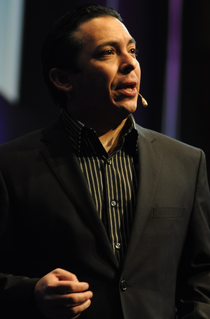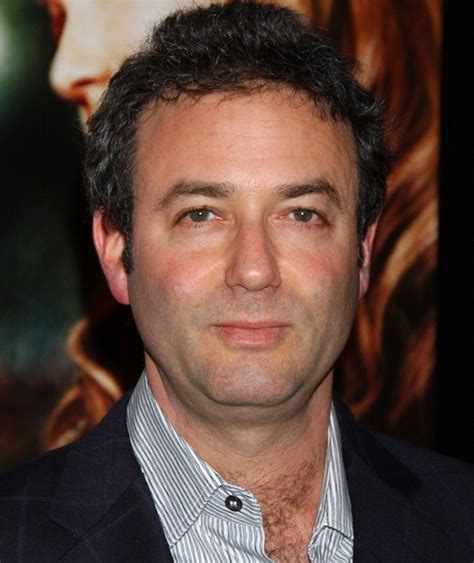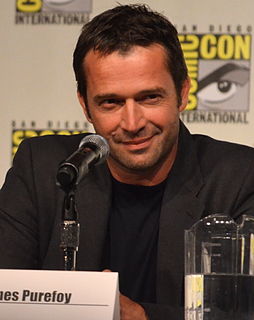A Quote by Matthew Desmond
I come from a specific tradition of sociology, which is urban ethnography.
Related Quotes
Generally biobanking is really designed more for urban areas, with the offsets being offered in non-urban areas. It may be able to help in some circumstances, but it depends a lot on what we're talking about here. But biobanking does allow for offsets in relation to a specific species, as well as specific ecological communities as well as land. It's quite a flexible tool.
Living in cities is an art, and we need the vocabulary of art, of style, to describe the peculiar relationship between man and material that exists in the continual creative play of urban living. The city as we imagine it, then, soft city of illusion, myth, aspiration, and nightmare, is as real, maybe more real, than the hard city one can locate on maps in statistics, in monographs on urban sociology and demography and architecture.
The way forward does not lie in amateur and comically timeless linguistic sociology which takes 'forms of life ' for granted (and this is what philosophy has been recently), but in the systematic study of forms of life which does not take them for granted at all. It hardly matters whether such an inquiry is called philosophy or sociology.
Those who feel guilty contemplating "betraying" the tradition they love by acknowledging their disapproval of elements within it should reflect on the fact that the very tradition to which they are so loyal—the "eternal" tradition introduced to them in their youth—is in fact the evolved product of many adjustments firmly but delicately made by earlier lovers of the same tradition.




































